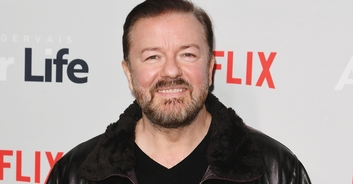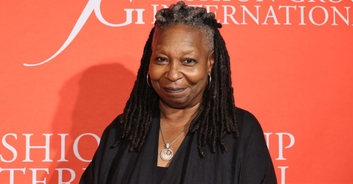These days, it seems that all people do is complain. The right wing complains about the left wing, the wealthy complain about the less well-off, and the older generation complains about those younger than them.
Millennials, in particular, get a pretty bad deal out of all this, as they are most often towards the left of the political spectrum, broke, and relatively young. Oh, and everyone seems to think they're stupid and shallow.
Indeed, the very term "Millennial" seems to be synonymous with avocado toast and hipster coffee shops and pretty much anything else that anyone over the age 40 deems to be wrong, somehow. So deep is this hatred of those aged 22 to 37, in fact, that even Millennials themselves are beginning to think less of people in their age range.
A recent survey of people under 30 (encompassing both Millennials and Generation Z-ers) found that individuals in this demographic had convinced themselves that they did not "know enough about the issues" to vote in political actions.
In reality, though, the opposite is true.

As it turns out, Millennials actually know far more than their predecessors when it comes to politically-relevant facts, and are much more capable of separating known truths from opinions. They're more likely to understand climate change, for example, and show far less prejudice towards minority groups than any other demographic of voting age.
A Pew Research report confirmed this, noting that: "Younger adults were not only better overall at correctly identifying factual and opinion news statements – they could do so regardless of the ideological appeal of the statements."
The study went on:
"This stronger ability to classify statements regardless of their ideological appeal may well be tied to the fact that younger adults – especially Millennials – are less likely to strongly identify with either political party.
"Younger Americans also are more “digitally savvy” than their elders, a characteristic that is also tied to greater success at classifying news statements. But even when accounting for levels of digital savviness and party affiliation, the differences by age persist: Younger adults are still better than their elders at deciphering factual from opinion news statements."

The real divide seemed to be between those aged 18-49 and those who were 50+, indicating that there is a strong political bias between these generations.
While the older people tended to believe that real facts were simply opinions (and vice versa), younger people were more adept at noting which statements were influenced by research and which ones were baseless sayings from politicians (i.e. thoughts about the morality of abortion, or that immigrants are the "biggest" problem facing the USA today).

What this research shows, then, is that the older generation should probably stop making fleeting statements about younger people, and start listening when they discuss real issues like healthcare and environmental worries. And Millennials, in turn, should have more confidence in their ability to discern between the facts and opinions that influence elections - especially as November is fast approaching.




